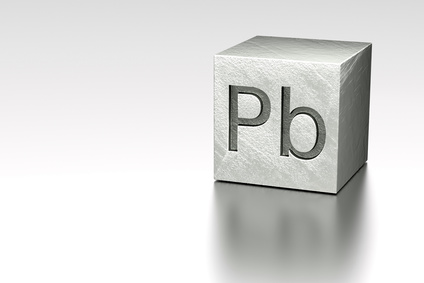Heavy metal toxicity – it’s hardly spoken about but it’s one of the most important areas to focus on when improving our health. In our modern world, we encounter heavy metals more frequently than we might realize and their accumulation in the body can wreak havoc on our physical and mental health.
Heavy metals, such as lead, mercury, arsenic, cadmium, and aluminium, are naturally occurring elements present in the environment. While some levels of these metals are found naturally in soil, water and even our bodies, human activities have significantly increased exposure levels – industrial processes, pollution, contaminated water sources and even certain consumer products contribute to the accumulation of heavy metals in our system.
Exposure risks
- In pregnancy
- Pharmaceutical toxins
- Processed foods
- Fortified foods
- Foods such as large fish, rice, dark chocolate (some brands)
- Pesticides, herbicides in food
- Occupational, eg mining, paper manufacturing
- Homes – cleaning agents, furnishings, clothing etc
- Copper pipes
- Air pollution and many more
Physical Effects of Heavy Metal Toxicity
Heavy metal toxicity is like a silent invader that slowly infiltrates our bodies, leading to a range of physical health issues. Let’s explore some of the most common effects:
Organ Damage: Heavy metals tend to accumulate in vital organs like the liver, kidneys and brain, causing oxidative stress and disrupting their proper functioning. This can lead to various diseases, including liver and kidney damage.
Nervous System Disorders: Heavy metals, particularly lead and mercury, have a profound impact on the nervous system. They can disrupt neuronal communication, leading to symptoms like memory loss, cognitive impairment, nerve damage, hyperactivity and even neurological disorders like Parkinson’s and Alzheimer’s diseases.
Immune System Dysfunction: Heavy metals can impair the immune system’s ability to defend the body against pathogens, making individuals more susceptible to infections, allergies, and autoimmune disorders.
Cardiovascular Complications: The accumulation of heavy metals in the cardiovascular system can interfere with blood vessel function, increase the risk of hypertension, and contribute to heart diseases.
Respiratory Issues: Inhalation of heavy metals, like lead and cadmium, can cause lung damage and respiratory problems, such as chronic bronchitis and asthma.
Impact of Heavy Metal Toxicity on the Brain
Just as heavy metals silently sabotage our physical health, their effects on our mental well-being are equally dangerous. Here are some ways heavy metal toxicity can influence our brain and cognition:
Cognitive Decline: Heavy metals can impair cognitive function, including memory, attention, and information processing. Prolonged exposure may contribute to the development of conditions like dementia and cognitive decline.
Emotional Disturbances: Heavy metals can disrupt the delicate balance of neurotransmitters in the brain, leading to mood swings, depression, anxiety, and even personality changes.
Developmental Issues: Children and unborn babies are particularly vulnerable to heavy metal toxicity. Exposure during critical developmental stages can lead to learning disabilities, developmental delays, and behavioural problems.
Disrupted Sleep Patterns: Heavy metals can interfere with the production of sleep-regulating hormones like melatonin, resulting in sleep disturbances and insomnia.
Prevention and Detoxification
Although heavy metal toxicity might sound daunting, there are steps we can take to protect ourselves and minimize its impact:
Awareness and Avoidance: Stay informed about potential sources of heavy metal exposure, such as contaminated water, certain foods (e.g., fish with high mercury content) and occupational hazards. Take necessary precautions to minimize exposure.
Healthy Lifestyle: Maintain a well-balanced diet rich in nutrients, antioxidants and fibre. Regular exercise, stress management and adequate sleep help support the body’s natural detoxification processes.
Detoxification Support: Consult a healthcare professional for guidance on safe and effective methods of heavy metal detoxification. Chelation therapy, dietary changes and supplementation with specific nutrients like zinc, selenium and vitamin C can aid in the removal of heavy metals from the body.
Do you have heavy metals lurking in your body? Find out with the Hair Tissue Mineral Analysis (HTMA). Ask me how. You can either email me at sal@salthenutritionist.com.au or book a free 20 min health assessment call here or to find out more about the HTMA test, click here.


Download My Top Tips 'Get Out Of The ADHD Loop Now'
Great, you're in. Check your inbox for your free resource. Save this email address.
Look out for our email newsletter packed with free resources, blogs and tips. Unsubscribe at any time.